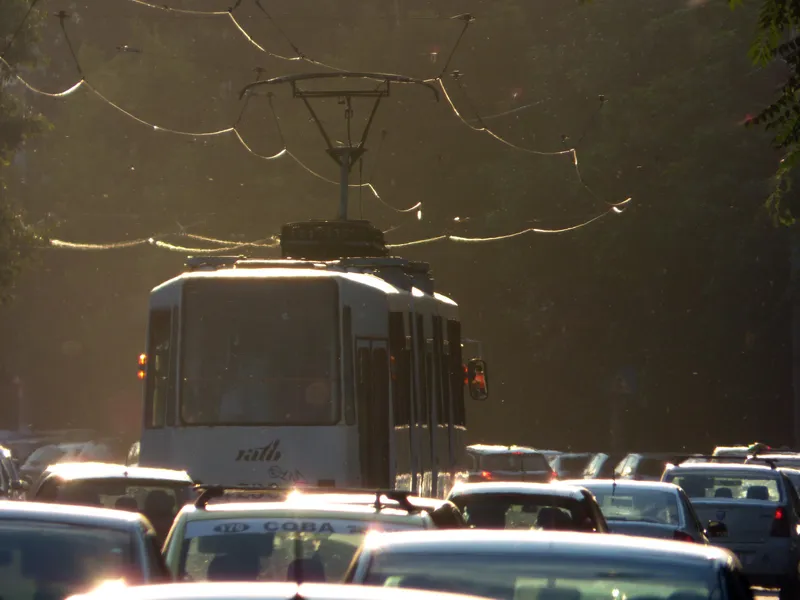
A student team from the University Politehnica of Bucharest, Romania, has won the 2020 European Mobility Challenge set up by Ertico – ITS Europe.
The University Politehnica’s project Motum won over projects from teams at the Gheorghe Asachi Technical University, from the Romanian city of Iaşi, and the University of Bologna in Italy.
More than 100 leaders from Europe’s smart mobility community chose the winner of competition where graduate students are challenged to solve real-life mobility issues.
Motum is an integrated mobility platform that centralises data from different databases in already-existing infrastructure. This is possible now through the emerging technologies powering the Internet of Things (IoT), such as artificial intelligence and 5G.
Motum provides real-time congestion-level tracking, recommends alternate transport, and supports community advertising and rewards.
All these aim at meeting the needs of the target users by changing the ways in which non-target users –vehicle drivers – behave in Bucharest traffic.
“We believe in change and this competition is a hands-on opportunity to provide vulnerable road users with a solution that pursues mobility without hindrance. We hope to get the right network and environment to scale up our concept,” said Adrian-Daniel Azoiței, who represented the team from the University Politehnica.
“This challenge was the long-awaited occasion to create a multi-disciplinary team capable of addressing Bucharest’s traffic situation.”
“Young talent is the way forward for innovation and a real chance to disrupt traditional structures and solutions,” said Irina Patrascu-Grant, head of the European selection committee.






